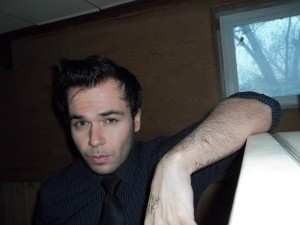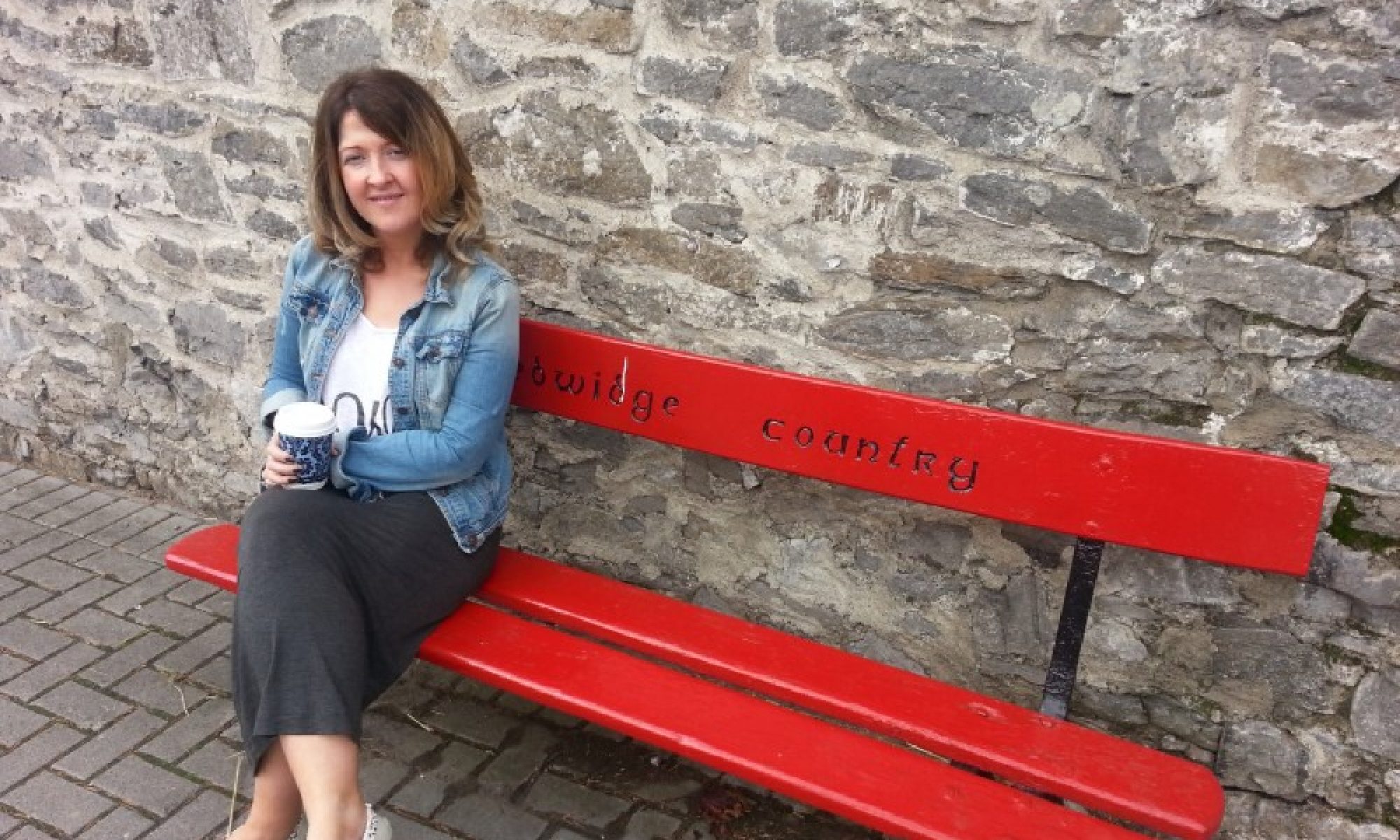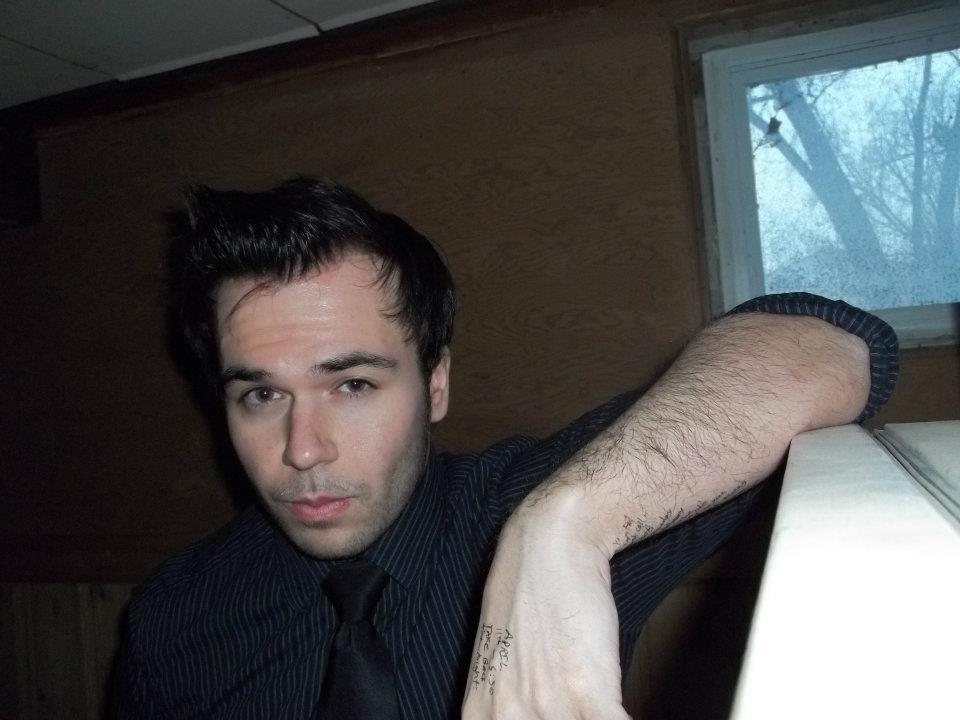It is impossible to keep up with the amount of excellent literary journals and magazines available on the net these days but the Irish or “Swift” edition of Literary Orphans Magazine was always going to hook me in!

I’ve been in touch with Mike from across the way in Chicago and want to thank him for detailed answers.
First of all, great idea and fabulous Irish themed issue! I know that James is from Ireland but where there any other reasons that Literary Orphans was determined to run an “Oirish” issue?
Mike Joyce: The inspiration for the Swift issue of Literary Orphans Journal hit me while watching Tim Pat Coogan and Robert Ballagh speak at a panel discussing Seamus Heaney, shortly after the great poet’s death, at the IrishAmericanHeritageCenter in Chicago. The conversation at one point turned to Tim Pat Coogan’s latest book, The Famine Plot.
In the USA, in most public school history texts, we’re taught that the famine was a direct result of the blight and because the Catholic Irish “over-bred,” and now there’s 30 million Americans with Irish surnames in their bloodline including 12 Presidents; now there’s Celtic romance novels and that dancing danced here by people in California with an Enya fetish and that’s that.
No textbooks mentioned the shiploads of grain and foodstuff leaving Irish ports as armed guards watched over. They didn’t mention Nassau Senior saying the famine “would not kill more than one million people, and that would scarcely be enough to do any good.” I didn’t read anything about property taxes and citizens without votes. No textbooks brought up the idea that there is a ghost of the famine haunting the current Irishperson’s mindset, influencing population rate, economy, and more.
I realized at that moment, that unlike what my textbooks glossed over, the cultural inheritance of Ireland would not. As the conversation veered back to Seamus Heaney and his inclusion in many anthologies as a “British” writer, and the pressure to separate his public self from any Irish foreign politics in order to become acclaimed for the skill he so clearly had–it made me consider the need to showcase Irish writing for what it was, not linked with British or post-colonial or American lit. Irish writing that reflected the complexities of modern Ireland. Irish writing with no theme. In many ways, even though we describe it as a “themed” issue, it’s really a non-themed, themed issue… if that makes any sense. There is no general vibe, no motif, no genre at work in these pieces. Roughly 75% of the contributors are from Ireland, and many of the others are directly writing about a trip there or an experience with someone from there that impacted their lives. This issue is a mash-up of Catholics, Protestants, historical pastures and future dystopias, current present and current past, fantastic “hags” and gritty cement cities, but no general theme to speak of.
I contacted James Claffey, Fiction Editor of the journal. James was present when we did a similar issue, Maria Tallchief, highlighting Native American authors. I brought up the idea to him, and he was right their with me and chomped at the bit. Personally speaking, I wanted to explore the idea what it means to be Irish and to be a writer today. I wanted to get my thumb on the pulse of the mindset. I wanted to learn. I wanted to create a big-tent and I wanted to see the Irish come into that tent and lay it out, lay it all out on the line.
I saw that in spades.
Tell me about how you met James Claffey and how the idea for Literary Orphans magazine came about?
MJ: Literary Orphans Journal was the result of the writing group called ‘literary orphans’ that I created about 4 years ago. Scott Waldyn (our current Managing Editor) and Leanne Gregg (Fiction Editor alongside James) were involved in that group. By the time 2012 rolled around, it was becoming more and more difficult for us to meet in person, so I was charged with creating a way for us to communicate online and workshop. I created a journal instead.
James Claffey was published in that inaugural issue–that was the first time I met James. One year later, we were expanding staff and James Claffey became our second Fiction Editor.
Tell me about your background in writing, reading and the general arts.
MJ: I received my BA in Rhetoric from the University of Illinois at Champaign-Urbana in 2009. I believe writing comes from the heart, that the only reason to do it is to share your heart–not to make money. I’ve shared it in a fair few publications over the past few years. I measure writing’s success in influence, not in dollar signs. But this, editing, this is what I do. It’s my identity. I’m the guy that does Literary Orphans Journal.
Let’s keep it Irish, who do you rate as literary brilliance in the Irish literary scene?
MJ: James Claffey! After James, everyone we published in this issue. For a celebrity writers? Roddy Doyle has been a constant inspiration to me since I first read his work 5 years ago. Really excited and hopeful to see more from Darragh McKeon, too, All That Is Solid Melts Into Airreally hit hard.
What were you hoping for when you put the call out for the Irish issue of Literary Orphans? What did you know you would be rejecting straightway?
MJ: Anything that was “oirish” as you put it, anything that was inauthentic, anything that mistook a Hollywood idea for Ireland for the reality. We were hoping for honest writing. We were inundated in it. When James put out that call for submissions, he hit the nail on the head. To be honest, there were only a very small amount of oirish pieces, the majority of submitters knew exactly where we were coming from. Choosing was not easy, I don’t envy James. There is a reason this is our largest issue compiled.
Do you believe that everyone can write or is there a level that certain writers reach that they cannot overcome?
MJ: I think it all depends on why you write.
Write to make money and win chicks? I think we’d have to ask Dan Brown and Stephenie Meyer how to succeed at that one.
Write to share your heart? Then it’s a constant fight to pick the manacles of your brain. To me, good writing comes when the author has attained a certain mental state, a certain mental level. That level is a strange mix of intense self-analytics and dumbing yourself down into a torpor to write without any inhibitions. The best writing only works if it’s a haymaker–if you can throw that punch with no regard for what happens afterwards. We all have it in us. I think if you can achieve that state, you’re halfway there. The rest is all learned; applying techniques to convey the emotion you want so passionately to share.
Which book is on your bedside locker?(I.e. The one you are currently reading, there may be a few if you are like me!)
MJ: Ah I see you’re after my own heart! I have 3 books going right now: Last Exit to Brooklyn by Hubert Selby, Junkie Love by Joe Clifford, andLions, Remonstrance by Shelly Taylor.
Have the more traditional story telling in Ireland like Frank O Connor and William Trevor any place in the literary scene in America and Ireland? What can we learn from these authors?
MJ: I’m probably not the best to speak on this. I am (both as a writer and reader) very much a fan of plot-driven narrative. I think that’s something we can take from Frank O’Connor. I think that sometimes literary writers get caught up in that technical side I mentioned earlier; it’s the literary equivalent of a long, noodly, masturbatory guitar solo that by the end of which the only person left on the floor holding a plastic cup is the writer’s significant other.
In Ireland, we have some fine and very established literary magazines like the Stinging Fly and The Moth that showcase new and established writing talent. What would be your favorite literary magazines?
Birkensnake, The Penny Dreadful Magazine (love those guys, Cork based), Ninth Letter, PANK, Midwestern Gothic, many many others.
I love the fact that the Irish edition of Literary Orphans referred to the past of 1916 rising and the present day meeting of The Queen and our President in its editorial statement. Would Literary Orphans see the anniversary of 1916 as a potentially powerful time to celebrate difference and the evolution of the arts in Ireland? It may give you an idea for a future issue!
MJ: I’m already prepping to ask James to do this by sending him small gifts to soften the blow of the huge amount of work I’d be asking of him. It’s the 100-year-anniversary. I don’t see how we can’t do it.
Have you ever been to Ireland? If so, where and if not, what type of symbols and characters come to mind when thinking of Irish literatures?
MJ: I have not! My vacations these days are to “rust belt” capitals like St. Louis, MO and Providence, RI to give you an idea of my budget. As soon as I can afford it, I’ll be over there.
Symbols and characters from Irish writing? Hm; the transformation of that annoying nonverbal brat Stephen Dedalus from Portrait of… to the more guilt-ridden and mature Stephen we meet in Ulysses, Yeats as a character all his own, Malone and his pencil in Malone Dies, Sinbad and matches from Paddy Clarke Ha Ha Ha, the portrait in The Picture of Dorian Gray, that florin in “Araby,” the geography of Ireland is pervasive and I get a different yet unified flavor in many books and poems from Irish literature. Geography and place are really important to me and my writing, although my geography looks very different. Still, green fields and stone fences, nighttime hazy brickwork forests, those are things I think of when I think of what Irish writing has given me.
Thanks to Mike for this, go to www.literaryorphans.org for the latest issue of the Irish Literary Orphans and for details on how to submit. I’ll have James’ answers up next week so do come back!


